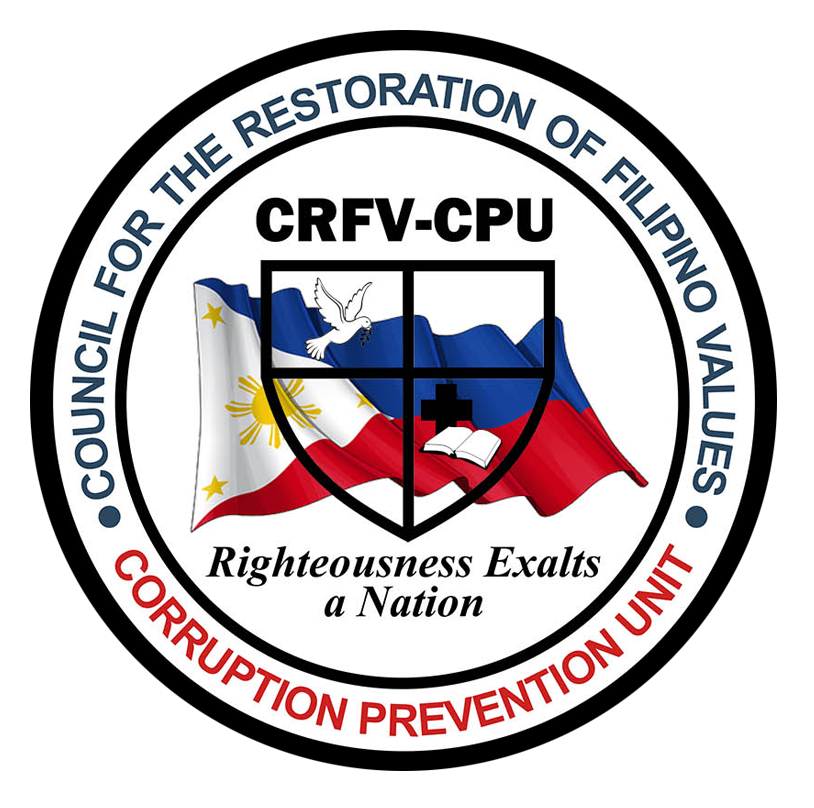|
It is an established principle in public service that the public must be informed of all transactions and activities of the government except in cases where privileged communications apply or classified information and state secrets may be divulged to the prejudiced of national security and interest. This principle, as well as a value, of transparency is the underlying reason why posting of notices and public documents in government websites and other official media platforms or in mandatory conspicuous places are required. Publication is also an indispensable requirement for the effectivity of a new enactment, and public consultation is necessary in legislation in cases where human rights may be affected. All because of the right of every citizen to information on matters of public concern as enshrined in Section 7, Article III of the 1987 Constitution. This is also to promote participatory governance as encouraged to be practiced under our existing laws.
These show that even before we recognize transparency as a value, it is already embodied in our laws, rules and regulations pertaining to the operation of government instrumentalities, agencies, and units. It is therefore expected that it should have been an institutional value being observed by everyone in a government office. However, far from what is expected, it takes the legislation of the Freedom of Information Bill to strengthen the observance of the value of transparency in public offices. Surprisingly, even members of Congress took time to pass this law. Some claim that certain provisions of the proposed Bill transgress the highly protected right to privacy. The above reasoning is patently illogical, trivial, and unconvincing to the prudent. The proposed Bill admits of certain exceptions for the protection of citizens’ rights. Even the corollary Executive Order No. 02 issued by the President acknowledges exceptions to be listed and defined by the Department of Justice and the Office of the Solicitor General. Looking into the nature of “transparency to the public”, it is institutionally and individually imperative. Apart from the disclosure of official records, public documents, and government research data by a public office, it is also required in our laws the individual filing of Statement of Assets, Liabilities, and Net Worth or SALN and Financial Disclosure. Again, in the astonishment of many, even the highest magistrate in the land was removed from office simply on the non-compliance of this basic obligation. Why transparency appears to be so exacting? Apparently, it will subject the officials concerned to scrutiny and exposure. This, however, is not true to a person who has nothing to hide and whose life is an open book to everyone. That person is ready to account what is duly forthcoming under his or her care upon query, investigation, or inspection. Let us note, thus, that transparency is the only way we can gain the trust of people around us. If we are vying for a leadership function in this coming election, we should underscore this value if we are to win the confidence of the electorate and future constituents. It is also an ethical conduct that should be upheld if we are to build relationship in the workplace. It nurtures open communication, interaction, and active participation among workers which leads to organizational success. Undoubtedly, transparency is applicable in both public and private life and the practice of which should not be a struggle.
0 Comments
Leave a Reply. |
CRFV Winning TeamA company of men and women who have committed their lives to the cause of national transformation. Archives
July 2024
Categories
All
|
Our Services |
Our Organization |
SupportSupport Page
FAQ Terms of Use |
Copyright © 2015 | Baguio City, Philippines 2000 | 074-424-1497 | [email protected]


 RSS Feed
RSS Feed
